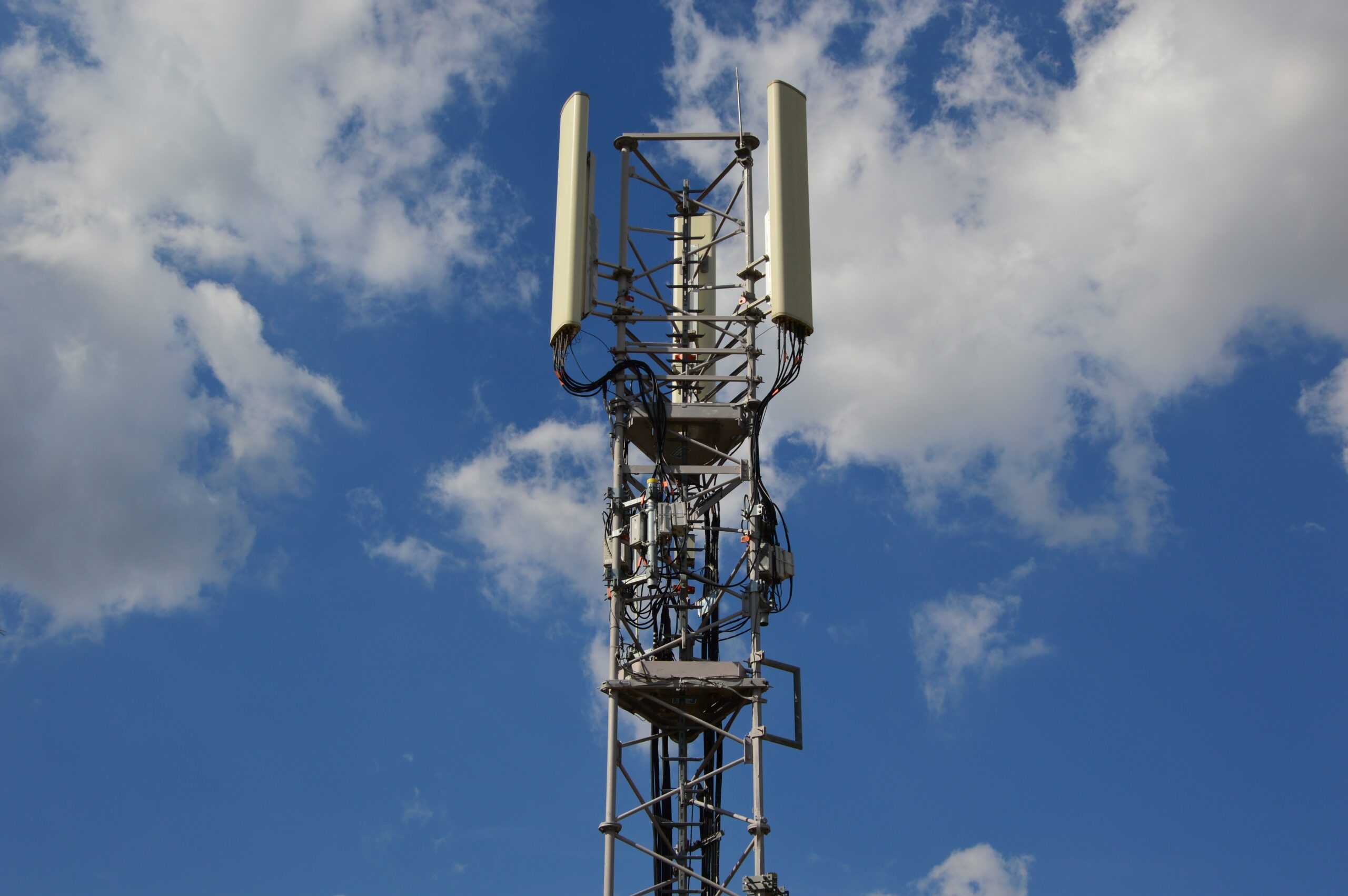
In the ever-evolving landscape of technology, the deployment of 5G networks is heralding a new era of connectivity and innovation.
Recent research indicates that the global 5G market is projected to reach a staggering $668.2 billion by 2026.
While much of the hype around 5G focuses on faster mobile internet speeds, its profound impact extends far beyond that. One of the most promising areas set to benefit significantly from 5G is the Internet of Things (IoT) and the development of smart cities. In this blog, we’ll explore the transformative influence of 5G on IoT and its pivotal role in shaping the future of smart cities.
The Convergence of 5G and IoT
5G technology promises unprecedented speed, low latency, and the ability to connect a vast number of devices simultaneously. This convergence with IoT, a network of interconnected devices and sensors, is a game-changer. With 5G’s capabilities, IoT applications will flourish, paving the way for smarter, more efficient cities.
Key Benefits of 5G in IoT and Smart Cities
Enhanced Data Transmission: 5G’s high bandwidth and low latency enable rapid data transfer. This is crucial for IoT devices that rely on real-time data, such as autonomous vehicles and smart traffic management systems.
Scalability: 5G networks can accommodate a massive number of IoT devices, from smart appliances in homes to sensors in public infrastructure. This scalability is essential for the growth of smart cities.
Lower Power Consumption: 5G’s power-efficient design extends the battery life of IoT devices, reducing maintenance requirements and overall costs.
Improved Security: 5G networks offer enhanced security features, vital for safeguarding sensitive IoT data and preventing cyberattacks on critical infrastructure.
Smart Infrastructure: Smart cities leverage 5G to create responsive infrastructure. For example, streetlights equipped with sensors can adjust their brightness based on real-time traffic conditions, saving energy and improving safety.
Healthcare Advancements: 5G enables remote patient monitoring and telemedicine, making healthcare more accessible and efficient, especially in densely populated urban areas.
Environmental Sustainability: Smart waste management systems, powered by 5G-connected sensors, optimize garbage collection routes, reducing fuel consumption and emissions.
The Future of Smart Cities
5G technology is a catalyst for the evolution of smart cities. As more cities embrace IoT-driven solutions, we can anticipate several developments:
Smart Mobility: 5G enables autonomous vehicles to communicate seamlessly, reducing traffic congestion and accidents. Smart traffic management systems will optimize traffic flow and reduce commute times.
Environmental Sustainability: Smart cities will leverage 5G to monitor air quality, manage energy consumption, and implement eco-friendly initiatives, contributing to a cleaner and more sustainable environment.
Efficient Public Services: Public services, such as waste management, emergency response, and healthcare, will become more efficient and responsive to citizen needs through 5G-enabled IoT solutions.
Economic Growth: The deployment of 5G networks and IoT infrastructure will stimulate economic growth by fostering innovation, attracting businesses, and creating job opportunities.
As the potential of 5G technology in IoT and smart cities continues to grow, partnering with a trusted software development company like Coding Brains is essential. Our expertise in developing customized solutions for smart city initiatives ensures that your city can harness the full potential of 5G and IoT while adhering to the highest industry standards and security measures.
In conclusion, 5G technology is a game-changer for IoT and smart cities, unlocking new possibilities for connectivity, efficiency, and innovation. As cities worldwide embark on their journeys to become smarter and more connected, the role of 5G in shaping their future cannot be overstated. To embrace this transformative technology effectively, partner with Coding Brains, and together, we can contribute to the creation of sustainable, efficient, and innovative smart cities.


Leave a Reply